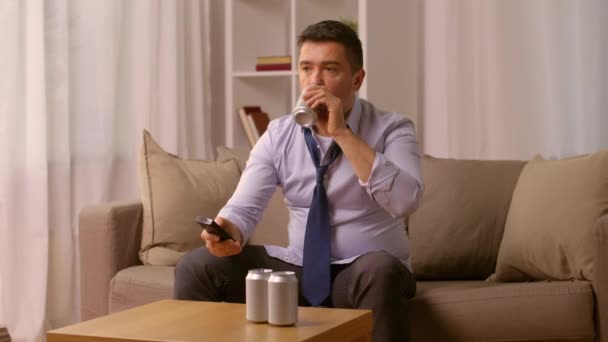Drinking socially – when does one become one too many?
Some alcohol researchers insist that because alcohol is a toxin, there is no ‘safe’ level of intake. Whilst most of us might think this is a little extreme, many families and marriages are seriously affected by one person’s drinking. Tolerance develops quickly and can sneak up on people. One or two wines a few days a week can quickly become a daily habit, then half a bottle can soon become a bottle a night. Current guidelines recommend no more than 2 standard drinks per day for health risks with a few alcohol free days a week however even at this level we can experience loss of motivation, heightened reactivity to frustrations and a loss of inhibition regarding our communication style.
Numerous problems can arise in families when one member is drinking more heavily and regularly. These include alcohol-fuelled conflict and aggression, loss of closeness and poor communication and incapacity due to drinking (i.e. can’t drive children to sports training). Further there are effects upon children in having a regular drinker as a parent, particularly the normalisation of alcohol as a solution to stress. These children also have higher risks of anxiety and depression, overusing alcohol and drugs, as well as marrying heavier drinkers themselves.
Often the regular drinker will lack awareness of the effects of their drinking. Often they will minimise the effects due to their biased and distorted perceptions of an event or their own embarrassment over behaviour. For immediate family members this can lead to confusion, frustration and distress as their loved one’s personality can change when even slightly intoxicated. The challenge in these situations is that regular drinkers won’t experience significant consequences to change their behaviours. The impact is subtle to begin with but still very distressing.
Tips to encourage your loved one to make changes and healthier decisions:
- Take up opportunities quickly and immediately for referral to professionals when they express readiness to reduce their alcohol intake. Psychologists are specifically trained to provide methods and solutions to reduce consumption and combat the triggering stressors.
- Do allow the person to experience the natural consequences of their behaviour. Don’t cover for them, clean up after them and make excuses for them.
- Speak openly about the affects of their drinking on you. Ensure this is at a suitable time and not whilst they are drinking.
- Maintain your own safety if alcohol fuelled aggression occurs, e.g. remove yourself.
If you are affected by someone else’s drinking, do not be afraid to seek professional support. At the very least this will assist with feelings of confusion and isolation, and you will also be able to plan and gain tools as to how you approach their drinking behaviour.
Written By Greg Pankhurst - Senior Clinical Psychologist - www.creatingchange.net.au


